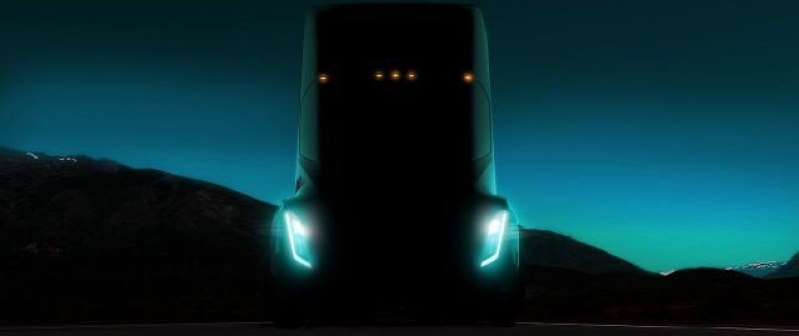
Autonomous driving happens to be the stuff of science fiction and dreams, and it could also be part of the solution to a greener world. With computers managing the way fleets of vehicles are driven around the world, it will always try to take the most efficient route, while introducing additional savings when it comes to being as fuel efficient as possible. Tesla recently teased the masses with the Tesla Semi, an all-electric Class 8 truck that made many wonder whether it will also go down the route of Tesla’s Autopilot. Apparently so, as Tesla and Apple have sent in their respective requests to the California's Department of Motor Vehicles (DMV) to increase the weight limit when it comes to the testing of self-driving vehicles.
Right now, as long as a vehicle does not pass the 10,000 pounds mark, it is allowed to hit the roads with autonomous technology up and running within. In contrast, a semi-truck happens to tip the scales at approximately 80,000 pounds, which is 8 times more than the legal limit for autonomous vehicle testing. Apart from the Tesla Semi, Elon Musk’s company has also announced plans for autonomous buses, which will no doubt also pass the 10,000 pounds weight limit in vehicle testing easily. Another company that has plans to introduce a self driving truck is Uber, the ride hailing company, through its company known as Otto.
As for technology giant Apple, they have remained rather quiet when it comes to its autonomous vehicle plans. However, to see Apple make that kind of request with California’s DMV does indicate that the tech company has far bigger plans than cranking out another iPhone 10 years down the line, or to enter into the world of personal assistants at home which run on Siri. It remains to be seen as to how Apple will jump into the autonomous driving fray, although there has been whispers in the past about Apple working on a fully electric car before. Reuters did report that the likes of Lyft and Waymo, too, have thrown in their own requests to the California DMV. It will take some more time for additional details to be revealed concerning the plans of all these companies who might be working individually or even together on a fully autonomous electric truck, but a whole lot of it will depend on whether the existing weight limit restriction will be modified to cater to these requests.
Alternatively, perhaps licensing for such special requests can be given out to specific companies with selected goals, and initial testing ought to be restricted to a particular area. However, there is no better way to test out a technology than to throw it into the thick of action, but will such autonomous driving algorithms be up to the task in real world road conditions? Only time will be able to tell, but no one would be comfortable with the idea of an 80,000 lbs truck bearing down on their rear simply because the camera and sensors on that autonomous truck malfunctioned.







